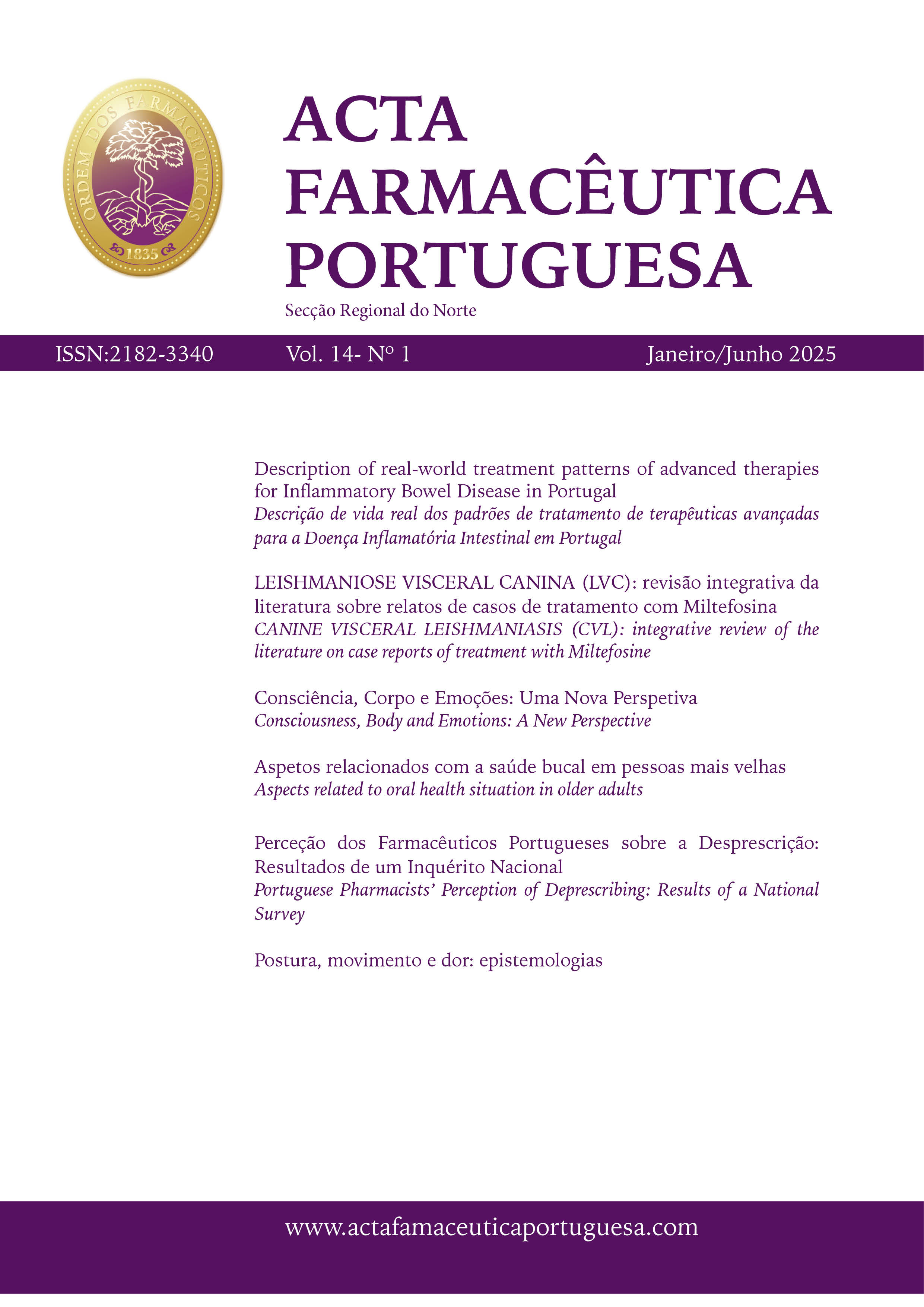Aspects related to oral health situation in older adults
Abstract
Older adults may be exposed to various factors that negatively affect their health. This study aimed to describe the main risk factors associated with the oral health of the elderly population. It is an observational, retrospective, and cross-sectional study conducted with elderly individuals residing in Los Guido de Desamparados, Costa Rica, with informed consent. The initial sample included over 300 individuals, of whom 203 agreed to participate. Data were collected across three domains: Pharmacy, Gerontology, and Dentistry. A mixed-methods approach was used, involving: a) professional dental assessment and b) home visits to collect sociodemographic and clinical data. Among the participants, 140 (63%) were women and 63 (31%) were men, predominantly aged between 70 and 79 years. About 45% had completed primary education, 39% had five to eight children, and 86% lived with others. Most participants did not consume alcohol (83%) or smoke (73%). Regarding oral health, 80 individuals were completely edentulous and used dentures, while 166 (81%) required dental prostheses. In addition, 77% did not use dental floss, 70% did not use mouthwash, and 62% had not seen a dentist in over a year. Approximately 50% had poor oral health conditions. In terms of pharmacology, 78% were taking medications with potential oral side effects, belonging to one to ten pharmacological groups, and 44% were using drugs from three to four Anatomical Therapeutic Chemical (ATC) classification groups. The findings reveal that elderly individuals face multiple challenges that negatively impact their oral health, related to factors such as education level, family context, tooth loss (with or without prostheses), oral hygiene habits, and medication use. It is concluded that the greater the number of contributing factors, the higher the probability of developing oral health issues. Therefore, multidisciplinary strategies are essential to identify, monitor, and reduce the impact of these factors to improve the quality of life in the elderly population. Elderly people may have factors that affect their health. The aim of this study was to describe the possible risk factors that affect the oral health of elderly people. This is a retrospective, cross-sectional, observational study in which informed consent was obtained from elderly people in Los Guido de Desamparados, Costa Rica. The total study sample was over 300 people. This work shows the results of all people who agreed to provide data in three components: Pharmacy, Gerontology and Dentistry. It was developed with a mixed approach: a) professional dental evaluation and b) home visit for data collection. Of the 203 participants who agreed to participate, 140/63% were women and 63/31% were men, with a predominance of: 70-79 years old, with complete elementary education (92/45%), with 5-8 children (81/39%), living with other people (176/86%), not consuming alcoholic beverages (170/83%) or smoking (149/73%), 80 were completely toothless with dentures and 166 needed dentures (166/81%), did not use dental floss (157/77%) or mouthwash (143/70%), the last visit to the dentist was one to nine years ago (125/62%) or had poor oral condition (103/50%), used medications that can affect the mouth belonging to one to ten pharmacological groups (159/78%) and three to four groups in the ATC classification. (90/44%). Elderly people present or experience situations related to aspects that can affect their oral health due to general educational contexts, support network, absence of teeth, with or without dentures. The situation can be aggravated by people’s behavior, such as lack of brushing, alcohol consumption, smoking or use of preventive measures (dental floss, mouthwash, visits to the dentist) or medications. It is inferred that the greater the number of aspects, the greater the probability of oral problems. Strategies are needed to help identify, manage and minimize the impact and consequences that various factors can have on the quality of life of elderly people.
Keywords: older adults, drugs, geriatricians, dentists, pharmacy.


